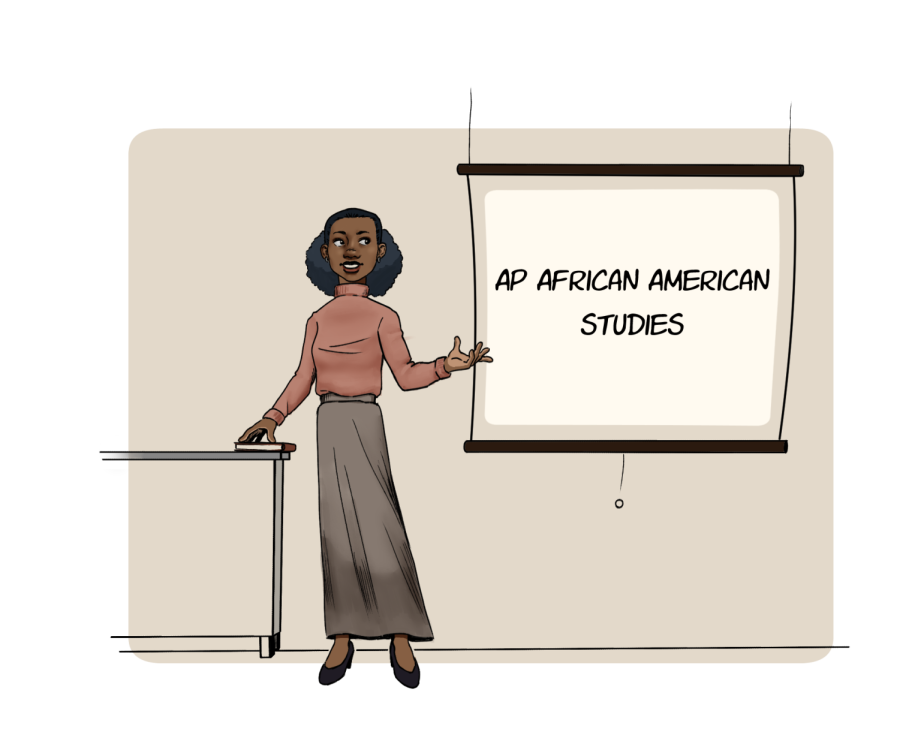UT community members discuss AP African American Studies pilot course
February 15, 2023
As the controversy surrounding the pilot course Advanced Placement African American Studies sweeps the nation, some members of the UT community think the course could benefit the greater academic and social culture on campus.
In 2021, the College Board announced that it would begin a multi-year vetting process of AP African American Studies as a pilot course through 2024. Some professors accused the College Board of making changes to the curriculum in an effort to appeal to Florida Gov. Ron DeSantis’ public denouncement and subsequent ban of the course in Florida schools.
In response, the College Board published a press release Saturday denying these claims.
“(College Board’s) commitment to AP African American Studies is unwavering,” according to the press release. “Many more students than ever before will go on to deepen their knowledge in African American Studies programs in college.”
Although the College Board has not officially published the course outline, according to the press release, topics such as the Black Lives Matter movement, reparations and mass incarceration will be optional for discussion. Cherise Smith, chair of the African and African diaspora studies department, said introducing people to these topics gives the course more educational value and shows a more complete version of history.
“They fundamentally undermined the role of Black studies,” Smith said. “I think that if they are calling the course maybe African American History and Culture then perhaps they could leave out more recent phenomena like the Black Lives Matter movement, because it’s recent history.”
The course’s topics, which are often not addressed in detail in most history curriculums, can better help students prepare for college-level classes and discussions and expand their worldview, Smith said.
“I think that students who might take that AP course might be better prepared to take classes in African and African Diaspora Studies, but also to take classes around the University and to understand, or at least begin to understand, the ways that Black people in this country have contributed variously whether it’s in STEM fields, or it’s in business or communications or in liberal arts,” Smith said.
Biology freshman Yasmine Qutob said taking this AP course in high school would have helped her adjust to life at UT.
“Because I moved from a way less diverse high school to a very diverse college, it would have helped me a lot with making me not as ignorant whenever I go into these settings that have a lot more diversity,” Qutob said.
Qutob said she did not know about many achievements made by Black researchers in STEM, a topic the course could help highlight.
“We just learned about Henrietta Lacks in my (college biology) class and literally I’d never been taught about her before this year, even though she’s literally responsible for so many different scientific advancements,” Qutob said.
A school in the Houston Independent School District is currently piloting the course. The course is set to be an option Texas schools can offer in fall 2024.
“It’s my hope that in taking the African American AP course that students who come to UT and to other universities would have the empathy to seek equity and equality,” Smith said.



